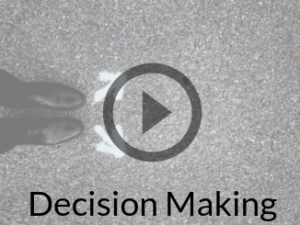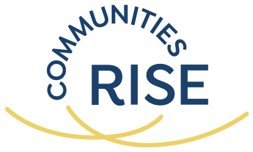In Let’s Go Legal, you’ll learn how your organization is like a car. For example, you need to register it with the state. When you drive on federal roads, you have to follow additional rules. Fundraising is like the fuel that moves your car forward. Your employees, the people in your car, matter. And your intellectual property is special, like the look and feel of your car. Download the Let’s Go Legal Kit and follow along with these videos.
Introduction
1: Governance- State Law
We begin with State Law because that is where a nonprofit first registers to become official. The Articles of Incorporation are filed to create the corporation and the board adopts Bylaws and sets out its plan to monitor money and keep records. It stays compliant with state corporation law and other state law requirements, including filing corporation and charity reports every year.
- Articles of incorporation
- Bylaws
- Fiduciary duties
- Record-keeping
- State taxes
2: Governance – Federal Law
Many nonprofit organizations want their revenue to be exempt from federal income taxation and want to be able to accept tax-deductible funds from foundations or individuals. This means they need to apply for special status from the IRS at the Federal Level. We call such tax exempt status, “501(c)(3) tax-exemption” and refer to organizations with this tax-exempt status “501(c)(3) organizations” because those qualities for exemption are described in section 501(c)(3) of the tax code. Tax-exempt organizations must abide by a set of federal tax rules under section 501(c)(3).
- Charitable purpose
- Private benefit
- Lobbying
- Political campaigns
- Public documentation
3: Fundraising
When you accept other people’s money for a charitable purpose, you agree to abide by laws that require that you spend such money on the purposes for which it was intended. These state and federal rules tell us how we need to communicate about money received, how we should account for it, and what kinds of fundraising activities we can conduct.
- Registration and reporting
- Written acknowledgement
- Restricted gifts
- Fundraising activities
4. Employment Law
People engaged in the work of an organization help it move its mission forward. They also bring with them a whole set of rules that govern how they should be hired, paid, deployed, and treated.
- Minimum wage and overtime
- Hiring process
- Non-employees: Interns, volunteers, and independent contractors
- Payroll
- Anti-discrimination laws
5: Intellectual Property
Nonprofits create and communicate ideas that are intangible. It is vital that organizations protect these ideas and the products that share them, from websites, to print materials, to unique research on the issues they are addressing. Likewise, it is important that nonprofits are careful about how they use the ideas of others.
- Intellectual property
- Ownership
- Respect
- Privacy policy
- Website & online usage
Resources
- Let’s Go Legal Toolkit
- Let’s Go Legal Checklist
- Let’s Go Legal interactive graphic
- Nonprofit Law Frequently Asked Questions (FAQ) by Communities Rise
- Key Documents (“Document Vault” of resources to use within your organization)
- Game
- Let’s Go Legal webinar, presented by Maha Jafarey and Jacob Ferrari (90-minute archived video)
Spend 5 minutes learning about a legal topic!
Washington Nonprofits and Communities Rise worked in partnership to develop Let’s Go Legal. Communities Rise is Washington’s go-to organization for nonprofit legal information and support. Let’s Go Legal was guided by a team of legal advisors. We greatly appreciate their contribution to these resources, which should not be viewed as legal advice.
- Brenda Tausch Lapora, Communities Rise
- Jodi Nishioka, Communities Rise
- Judy Andrews, The Apex Law Group, LLP
- Nancy Stephens, Foster Pepper
- Taylor Ball, Davis Wright Tremaine LLP





